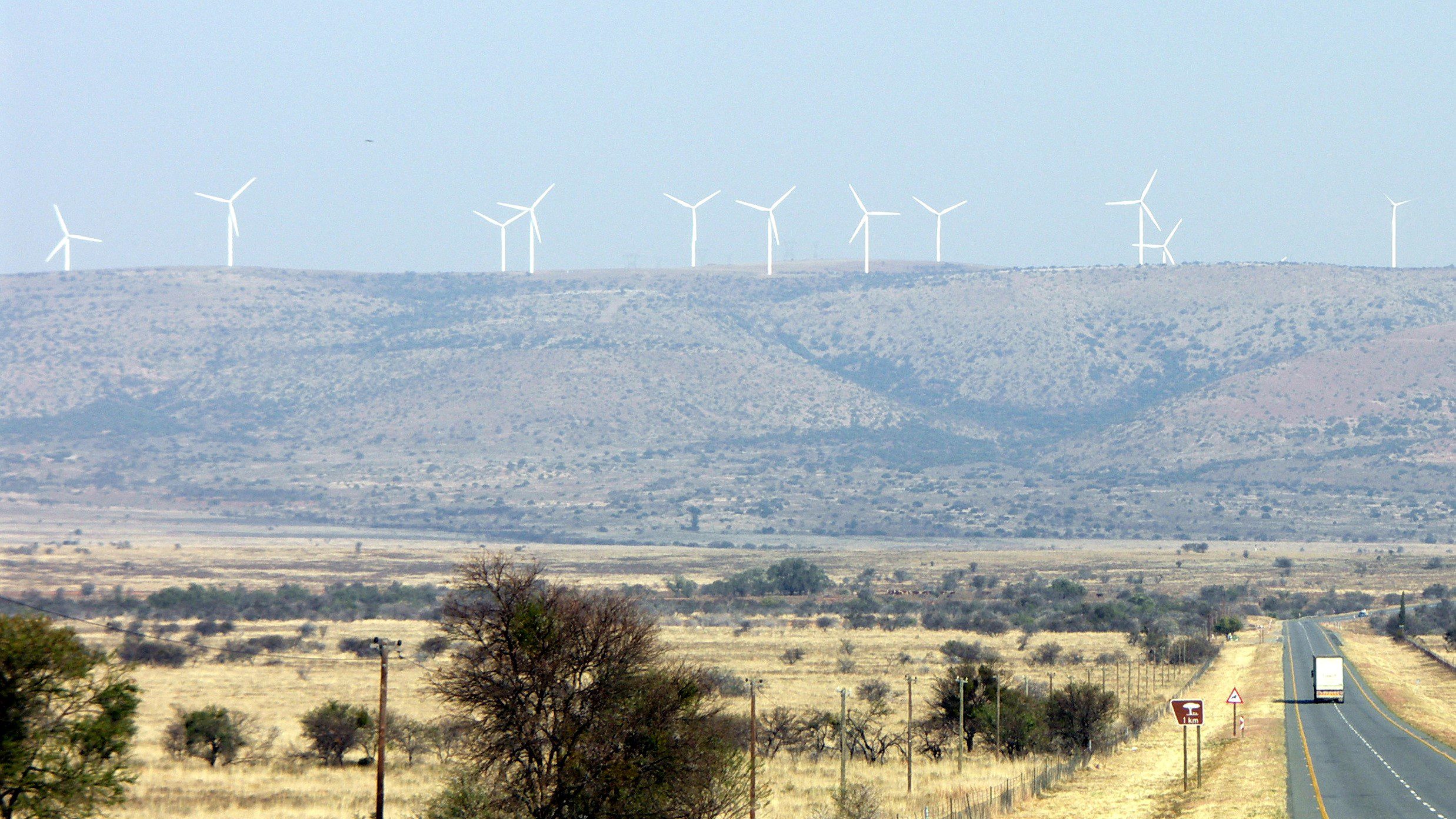Renewable Energy: VCS

Overview: 30 MW power plant, displacing use of fossil fuels

This project is a power plant in Mauritania, near the capital city, Nouakchott. It comprises 15 Gamesa wind turbines of 2MW each, with a combined installed capacity of 30MW. The project has been approved under the United Nations CDM programme and in line with the Verified Carbon Standard (VCS).
Benefits: Emissions reductions and sustainable development
The project is the first large-scale wind power plant in Mauritania, resulting in a substantial reduction in greenhouse gas (GHG) emissions. Mauritania’s electricity grid is heavily dependent on fossil fuels, predominantly gasoil and fuel oil, with some diversification into solar and hydro. By contrast, this project’s turbines harness wind energy to generate renewable electricity, which is exported to the regional grid of Nouakchott.
The project started operations in January 2016 and will be issued emission reduction certificates over a ten-year period, through to January 2026. Projected emission reductions from the power plant are estimated at 66,438 tonnes CO2 equivalent (tCO2e) per year.
Local benefits to the country over and above the emission reductions comprise, among other things, improvement of Mauritania’s energy self-sufficiency and the contribution to local employment, both during the construction phase and for the continuing operation and maintenance of the plant. Additional benefits include the air quality improvement in the vicinity of those fossil fuel generators whose output is reduced as a result of the project activity.
Project Carbon Credits
Greenhouse gas reductions achieved by the project in the period from January 2016 to December 2017 were equivalent to 153,401 tonnes of CO2. The corresponding carbon credits were verified by TÜV Nord in accordance with the VCS Standard version 3.0 in April 2018. (documentation available on request).


